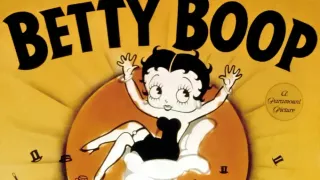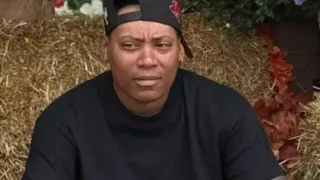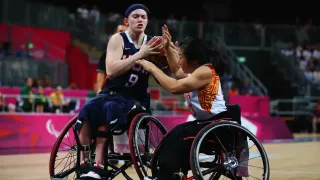November 18, 2020
Dolly Parton $1M Donation Funded Moderna COVID Vaccine Research
Kevin Schattenkirk READ TIME: 2 MIN.
As if there aren't already enough reasons to love her, we all may owe a debt of gratitude to country legend Dolly Parton when a COVID-19 vaccine becomes available, People reports.
In April, the philanthropic country star made a $1 million donation to Vanderbilt University Medical Center, establishing the Dolly Parton COVID-19 Research Fund. Turns out, that money partially funded research by Moderna, a pharmaceutical company that is, according to People, "currently a leading candidate in the search for a viable vaccine." After preliminary trials, Moderna reported a 94.5 percent effective rate for the vaccine they have developed. The company acknowledged Parton's funding as one of their supporters.
On Tuesday morning on "Today," Parton said "I'm just happy that anything I do can help somebody else." The singer announced her donation on April 1 after talking with Dr. Naji Abumrad, a longtime friend, about the research his institution, Vanderbilt, has been conducting on a vaccine.
On Monday, Moderna described date from the promising vaccine trail, which was conducted with 30,000 participants, as a "pivotal moment." Half of the participants received the vaccine while the other half received a placebo, and all were instructed to go about life as usual. The data shows the 90 percent of those who received the placebo contracted COVID-19 with 11 severe cases. Among the vaccinated group, only five contracted the virus and none were severe cases.
Moderna CEO St�phane Bancel said in a statement, "This positive interim analysis from our Phase 3 study has given us the first clinical validation that our vaccine can prevent COVID-19 disease, including severe disease."
Moderna's data bests that of competitor Pfizer, which last week announced a 90 percent effectiveness rate in data from their trials. Both companies must produce more data before applying for emergency use authorization from the FDA. But Dr. Anthony Fauci has described the results of both trials as "quite impressive."






